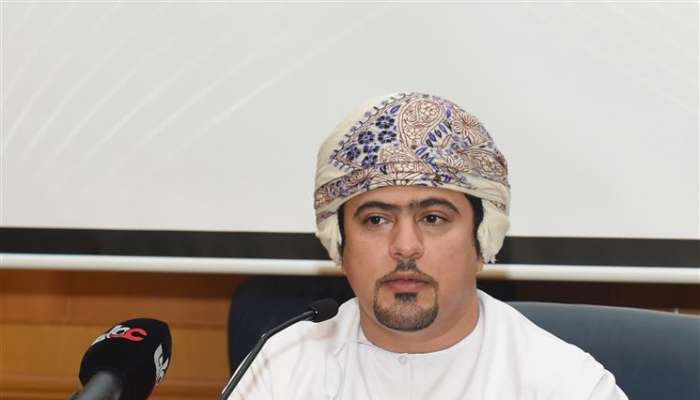

Muscat: 50 industrial projects will be set up as part of continued efforts to diversify and encourage investment across multiple sectors of Oman’s economy.
“The industry sector has worked on the idea of setting up 50 projects, at a total value of OMR200 million, to enhance local contribution,” said Qais Mohammed Al Yousef, the Minister of Commerce, Industry and Investment Promotion. “Involved in its development were Petroleum Development Oman (PDO) and the Public Establishment for Industrial Estates (Madayn).”
The minister was speaking at a press conference organised to discuss the various plans drawn up by the Ministry of Commerce, Industry and Investment Promotion (MOCIIP) to promote trade and investment, increase competitiveness, and develop a knowledge-based economy.
Diversification and raising foreign direct investment are also two of the objectives of Vision 2040, which aims to build a resilient economy with stable work opportunities and good standards of life for people in the country.
A significant part of this is the digitisation of services, which will help business that wish to set up operations in the country receive faster approval. “The next stage we aspire to move to is digital transactions, transitioning there from paper services,” said Dr Saleh bin Said Masan, the Undersecretary for Commerce and Industry at MOCIIP. “We seek to automate a number of procedures to provide fast e-services.”
“Among the most prominent features of our industrial strategy is transitioning from industries based on natural resources, such as oil, natural gas, and mining, to those centred on knowledge and innovation, such as the medical, environmental, electromechanical, transportation, and communications industries,” he added.
The total volume of foreign investment in Oman until the end of 2020 amounted to about OMR15 billion, said Al Yousef. Plans are underway to merge all of the licences companies need to set up shop in the country into a single one, which will help them begin operations the moment they receive it. Efforts are underway to provide these licences to companies just hours after they apply for them.
A feasibility study of over 100 investment-ready opportunities is also being prepared by the MOCIIP. It is expected to be made public soon. A marketing strategy and investor’s guide are also being prepared to boost exports, encourage investment, and provide information on the services available to them. Copies of the Foreign Investment Law are also being written up in other languages.
“After meeting with ambassadors, we agreed on the best methods to communicate between their representative missions, and the authorities, to complement each other in bringing in investment, and increase exports,” said Aseela Al Samsamiya, the Undersecretary for Investment Promotion.
“The guide contains key information regarding investment sectors in the Sultanate, and the services provided by our banks, which help towards bringing investors to enhance our national economy,” she added.
The ministry has identified eight initiatives to improve the business sector. These include efforts such as a draft national strategy for intellectual property, coming up with improved procedures to register commercial enterprises, and organising the e-commerce setup in the country.
Among the 13 plans drawn up for boosting industrial performance are identifying areas of investment to increase in-country value in manufacturing, formulating a framework to help set up advanced industries, modernising laws governing industries, and setting up a process to implement a governance, management, and development programme for the sector.
To make sure proper standards are met by companies operating in the country, seven initiatives concerning digitising standardisation procedures are also being looked at, such as the setting up of accreditation and metrology centres. 22 initiatives to improve performance across eight sectors have been completed by December 2020.
The efforts to expand the economy were welcomed by Dr Syed Mujahid Hussain, the head of the Department of Economics and Finance at the College of Economics and Political Science at Sultan Qaboos University.
“Oman is well-placed to expand its manufacturing and industrial sectors, with one of the main reasons being that there aren’t so many related taxes here, as opposed to Europe, for example, where the cost of manufacturing is very high,” he said.
“The plans listed here are consistent with the development programmes countries take to advance their economies,” he added. “In most advanced countries, such as Australia, the US, or Canada, the majority of the economic contribution comes from research and development, and knowledge-based industries, so Oman taking these measures will be good for the country in the years to come.”